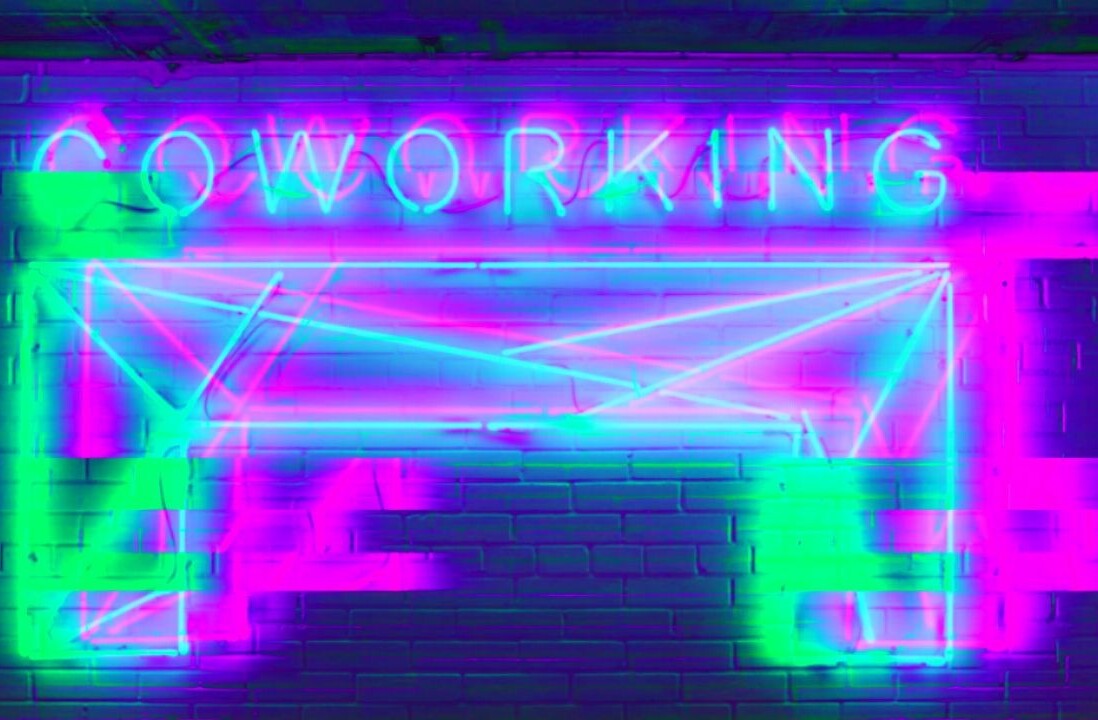
In this day and age, much work is done online rather than in the office. And when companies and growing startups are looking to get the job done quickly, they will often turn to online freelancers to outsource work while they focus on the big-picture.
Today, there are almost 60 million freelancers in the United States to fill these roles, and the number is expected to grow- according to a new recent report from Freelancers Union and Upwork.
While hiring freelancers is a great way to be able to get specific tasks done without having to hire more full-time employees. There are many things that you need to take into consideration before posting a job on a freelance website. After all, you don’t want an employee, freelancer, or independent contractor who created the work to use it for purposes other than the one you hired them for.
[Read: 3 things startups need to consider before buying insurance]
I will explain below what rights you have in the work that’s created for you by others, as well as how you can protect your work, idea, or invention from being used or sold by the freelancer creating the work on your behalf.
1. Copyright your work
In the United States, Copyright Law allows the creators of original works of art, such as literary works, graphic works, movies, songs, and books to control who makes, sells, and displays the work they’ve created.
The ownership of work that is created “for hire,” belongs to the individual who commissioned the work and not the author. This is so because US Copyright Law states that “work made for hire” is owned by the party that commissioned the work.
For example, if you have someone design a web page for you, write content for your website, or create a graphic for you, your work is automatically protected under US Copyright Law. The web page, content, or graphics produced will be owned by the party commissioning or paying the freelancer to create the work.
Now suppose you have an employee who creates something on his own time, you do not own the work he creates unless there is a contractual agreement that states otherwise. However, if the work created by the employee is within the scope of his employment, his employer is considered to be the author of the work.
So, what does that mean for you as someone who hires a freelancer or remote author?
The freelancer who created the work does not have the right to sell or display the work he created for you. However, if the piece of work the freelancer created for you is extremely important, you should register it with the copyright office.
The benefit of registering it as copyright is that you’ll be able to sue anyone who misuses your work for copyright infringement. This will deter anybody from reproducing your work without your authorization.
Copyright Law protects artwork throughout the life of the author, plus an additional 70 years.
Here are a few examples of artwork that the party commissioning the work may own:
- An article
- A motion picture
- Movie
- Book
- Song
- Translation of a text
- Sound recordings
2. Patent your invention
If you hired a freelancer or an independent contractor to create an invention for you, you might be wondering who owns the invention or the patent protecting the invention.
Under US Patent Law, the creator of an invention is presumed to be the owner. So, for you to obtain patent rights, you must have the inventor execute an assignment agreement for him to assign his interest (ownership rights) to you.
Patenting your invention is a good way to stop the individuals who helped you create it from replicating it for their own benefit. However, patenting even a straightforward invention can be costly and take approximately two years from the day you file your nonprovisional utility patent application.
If you have employees or independent contractors creating an invention on your behalf, make sure you sign an assignment agreement at the outset of the employment to ensure that the inventor assigns his ownership rights to his employer or party commissioning the work.
An assignment agreement is a common agreement that employers make their employees sign at the outset of their employment.
Some states limit the power of assignment agreements. For example, in the State of California, an assignment agreement is not valid when it comes to transferring inventions that an inventor worked on while he was employed but made during his own time without using his employer’s resources or intellectual property. The State of Illinois and Washington have implemented rules that are similar to California’s rules.
If you’re working with a freelancer or remote employee or independent contractor, you should talk to an attorney about drafting an assignment agreement that’s tailored to your specific situation. You should not rely on an employee to relinquish his rights to an invention; you should have your employee sign an assignment agreement before hiring him.
3. Trade Secret Law and Confidentiality Agreements
If you have a secret that you use in your business, you may want to protect it so that your competitors do not use it to compete with you. Coca Cola has kept its ingredients for its Coke a secret for over eighty-five years to avoid having competitors create a drink with a similar taste.
So, if you have a secret that gives you a competitive edge, you should protect it as a trade secret. For trade secret protection to apply, all you need to do is ensure that you’re keeping it confidential and that you’re taking reasonable steps to keep it that way.
If you need to share your secret with another party, an employee or freelancer, you should execute a non-disclosure agreement with the other party.
A non-disclosure agreement is one where the party with whom you’re sharing the information is not permitted to share the information with any third party, subject to the terms of the agreement.
Although non-disclosure agreements do not guarantee that the second party will share the information with a third party, they do place a legal obligation on the second party.
You can sue the other party if they breach (break) the agreement. If you’re successful in your lawsuit against them, you may be able to recover any damages you sustained as a result of the breach of contract.
4. Sign a legal contract
Contract law gives employers and individuals who hire freelancers or independent contractors the ability to protect the artistic works, ideas, or inventions that the freelancer creates while he’s working for you. It’s always good to have a contract in place.
In a written contract, you can ask the freelancer to agree to relinquish his right to any work that he’s doing on your behalf before beginning the job.
Your contract should set forth the terms of the employment, as well as the work that’s to be performed by the freelancer.
Another option to input into any contract that can further protect your intellectual property is that the freelancer in question must either return or destroy any materials they used to create their finished project. In making this stipulation, you can ensure that once your freelancer has satisfactorily done what you asked them to do, you get back (or they destroy) everything that they used to do their job. This means that in the future, they will not have access to your intellectual property, and will thus be unable to use your project or ideas for their own benefit.
Get the TNW newsletter
Get the most important tech news in your inbox each week.




